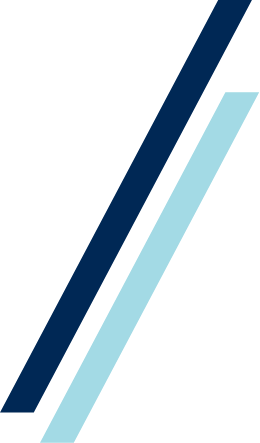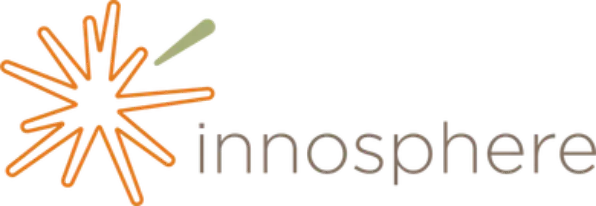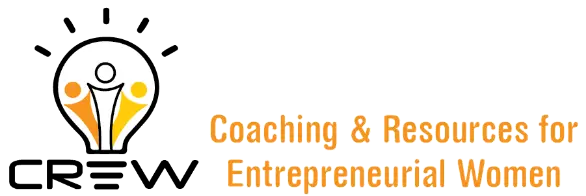Inventor Toolkit
Discover various funding opportunities to fuel your invention from concept to reality.

Inventor Toolkit
Discover various funding opportunities to fuel your invention from concept to reality.

Our Funding Partners
LEGAL RESOURCES
GRANT WRITING
Distribution Schedule Chart
| Funds Received | Distributed |
|---|---|
| November, December, January | February |
| February, March, April | May |
| May, June, July | August |
| August, September, October | November |
Accelerator Programs For Entrepreneurs


Xlerator Network
Focus: Advancing healthcare and biomedical technologies from research to commercialization.
Key features: Entrepreneurial skill development, commercialization programs, access to NIH-supported resources, university and industry partnerships.

Innosphere Ventures Startup Incubator (Innosphere Ventures)
Focus: Science and tech startups.
Key features: Incubation programs, access to venture capital, office/wet lab space.

Bio Drive (Scbiodrive Accelerator For Emerging Life Science Companies)
Focus: Emerging life sciences companies.
Key features: Expert-led curriculum, 1:1 mentoring, networking opportunities.

CREW (Coaching & Resources For Entrepreneurial Women)
Focus: Empowering women in biomedical sciences.
Key features: Mentorship, skill development, annual symposium.
Frequently Asked Questions
What are the benefits of working with the The Zucker Institute?
There are several. Aside from compliance with the IP policy,working with the Zucker Institute helps translate your innovation into a product to benefit the public. Most people have no experience navigating the U.S. Patent & Trademark Office or negotiating a licensing deal, and this is our forte. Additionally, the Zucker Institute pays for the patent costs, which run several thousands of dollars.
What happens next?
Shortly after submission, you will receive a formalacknowledgement email providing a case number and alerting you as to whether the Zucker Institute needs additional information. After that, our office will begin to evaluate the IP and commercial potential of the innovation. Someone from the office will contact you to discuss the idea in more detail to ensure that they have a good understanding of what the innovation entails and its state of development. You will be notified of the go/no go/next step decision within a few weeks.
Why does the Zucker Institute need my home address and citizenship?
We have to provide your home address and citizenship to the USPTO. We also use your home address to mail royalty checks to you.
Why is the contract/grant information important to the Zucker Institute ?
Under federal law, MUSC is required to report to the Government inventions created under sponsored research. If MUSC decides not to take title to such an invention (that is, decides not to keep it), then the Government has rights to it. Non-Government sponsors may also have intellectual property clauses and obligations attached to such sponsorship with which the Zucker Institute must comply.
How detailed should the description of the invention be?
As detailed as possible. All information provided to the Zucker Institute will be kept confidential. Without adequate information, the Zucker Institute cannot perform a complete evaluation of the invention’s patentability and licensing potential.
Why are the dates of disclosure important?
In the U.S., an inventor has one year from the date of public disclosure in which to file a patent application. Once that year has passed, the invention cannot be patented.
What is considered a public disclosure?
There is a fairly low threshold under patent law for what is considered a public disclosure. Any disclosure that describes the invention to people outside of MUSC could be considered a public disclosure. A published manuscript, conference presentation or poster, webpage, grand rounds, and a dissertation indexed at the library may all constitute a public disclosure. Grant proposals to federal agencies may be deemed public disclosures as well if they do not contain CONFIDENTIAL markings on the appropriate pages. Please contact our office before making a public disclosure of any kind. We can help get confidentiality agreements in place with anyone who you need to discuss the invention with.
What if I conceived of my invention on my own time?
The MUSC IP policy gives the university rights to anything that you create within your hired field of expertise. It is blind to the time use to work on the innovation. Compliance with the policy is a condition of employment and student status. View the policies.
Let’s work together to create a better future
At the Zucker Institute, we strive to provide a conducive environment that enables innovation. Through our extensive resources, we support researchers in translating their ideas into impactful solutions.



